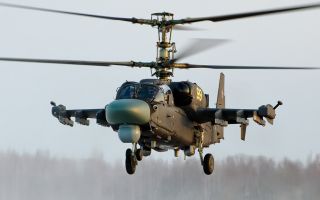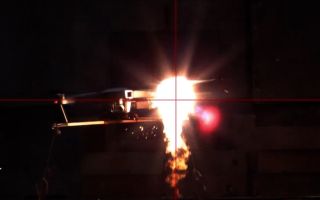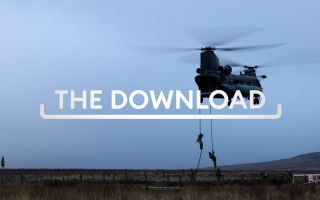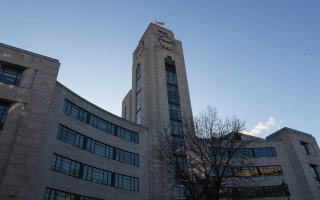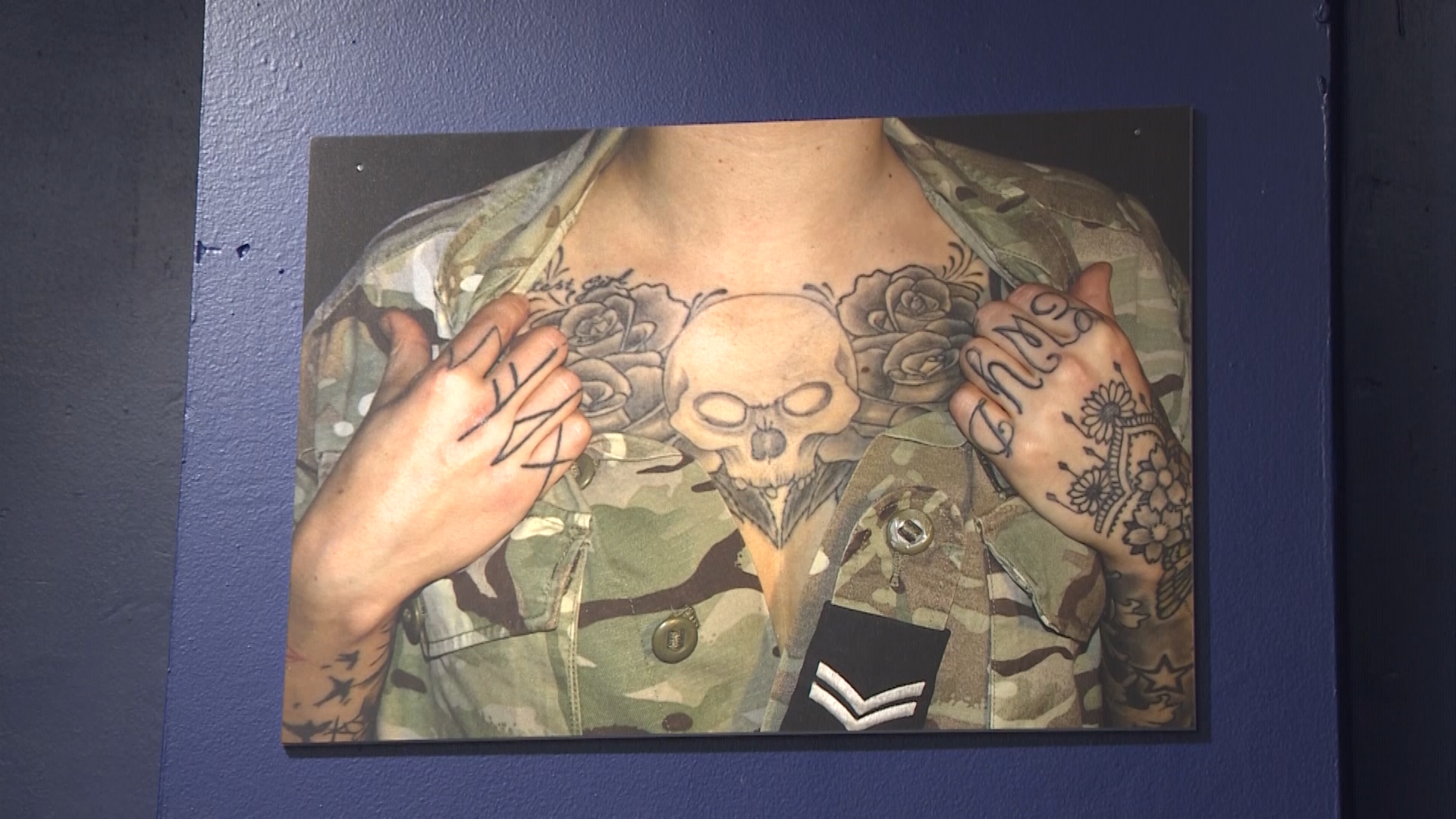
Is the military's tattoo and medical fitness policy really slowing down recruitment?

MPs were recently told that strict medical tests were slowing down the process for would-be recruits to join up - adversely affecting military recruitment targets.
Recruitment firm Capita told the Defence Select Committee that many young people were having to wait 150 days to join the Army because of the medical assessments recruits have to undertake due to the MOD's own rules.
Capita managing director Richard Holroyd told the committee that soldiers are not allowed tattoos above the collar or on the hands, and recruiters must send photographic evidence to a military judgment panel.
He added that people with asthma, hay fever, dental problems and dermatitis can also be turned away, as can those who have broken bones in childhood. Those with a high BMI are also ruled out.
Mr Holroyd said that the rules on broken bones and BMI meant that some members of the England rugby team would not be able to join if they tried to sign up today.
What does the Royal Navy have to say about tattoos?
The Royal Navy's website says "most tattoos and piercings won't prevent you from joining the Royal Navy" providing any tattoos are not visible on a front-view passport-style photograph.
However, tattoos on the face, throat area or in front of your ears are not allowed.
The Royal Navy's latest policy says in recent years there has been an increasing number of RN personnel with ineligible tattoos on visible areas, especially on hands, although these are already allowed in the Royal Marines.
It says easing the restrictions on tattoos for both potential recruits and serving personnel, while maintaining professional standards, is entirely consistent with overall Diversity and Inclusivity policies as well as reflecting the society that the Royal Navy lives in and protects.
Would-be recruits are told that any offensive or obscene tattoos are not allowed, and these include those depicting a sexual act, extreme pornographic behaviour, violence of any kind, drugs, racism or political views.
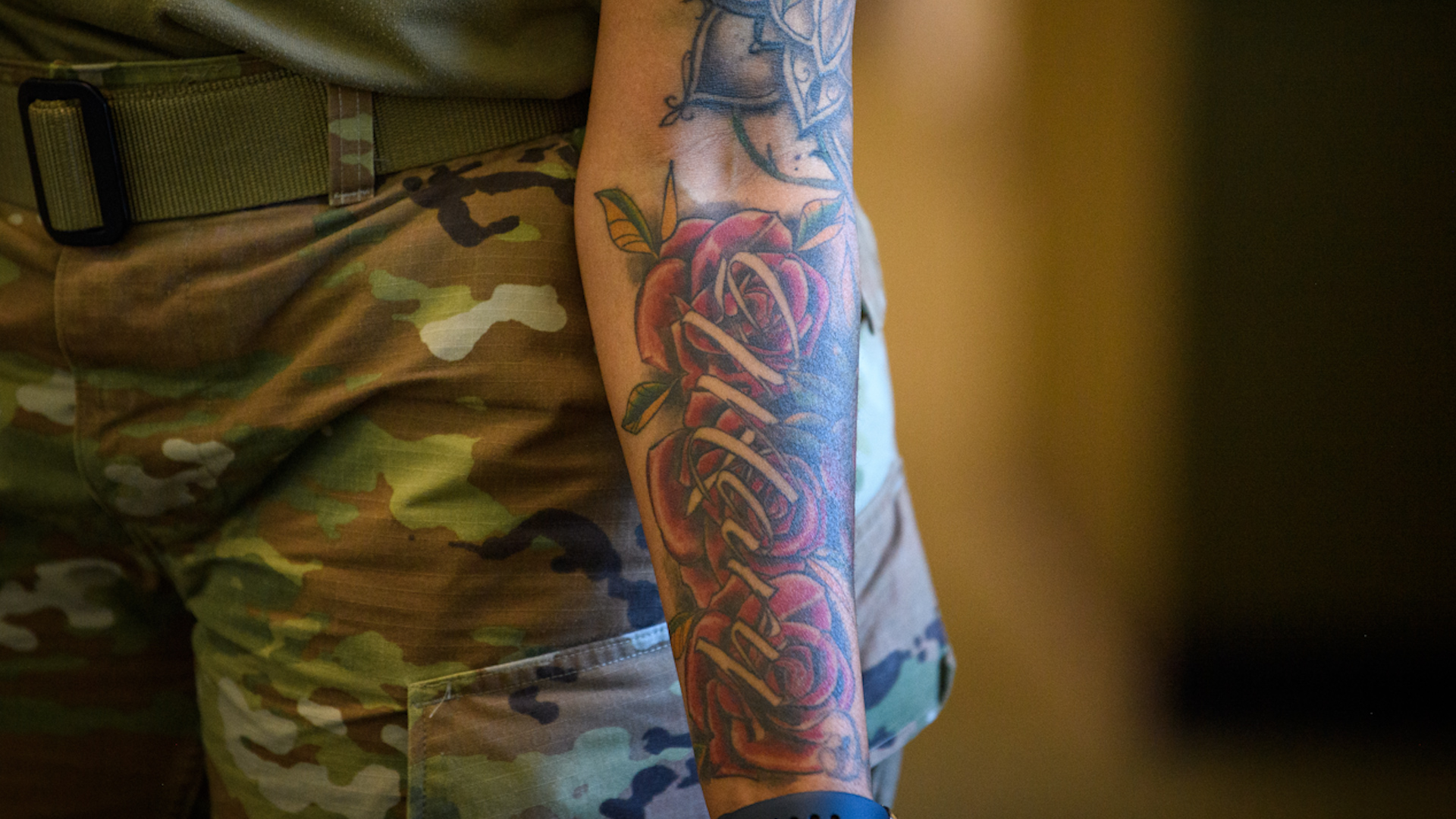
Any piercings which cannot be removed are a barrier to entry, including flesh tunnels such as stretched earlobes.
The Navy also states that hand tattoos are now acceptable if they follow the guidelines outlined above.
When recruits apply to join the Navy they are required to fill in a form describing their tattoos and must also show them during the selection medical process.
The senior service says that a commanding officer or recruiting officer will have the final say on what is considered offensive.
What are the British Army's rules on tattoos?
According to the British Army’s website, tattoos which are offensive, obscene or racist will stop you joining.
Small tattoos that are not offensive in any way are not normally a problem, depending where they are on your body and how visible they are.
But the Army says that if a recruit's tattoo is visible on a passport photo it will be deemed unacceptable and prevent them joining.
It adds: "Tattoos that are offensive or obscene, ie those that depict sex acts, violence or illegal drugs for example are a no-no."
The latest policy states that tattoos on the hand and the back of the neck are now ok. However, most soldiers keep their saluting hand clean out of respect.
It also says that tattoos on the head and face are unacceptable and if recruits are unsure, they should "pop along to your nearest Army Careers Centre and show them".
Some body piercings will stop recruits joining, or veterans re-joining, including piercings which "change the way you look, like a 4mm flesh tunnel or larger ones."
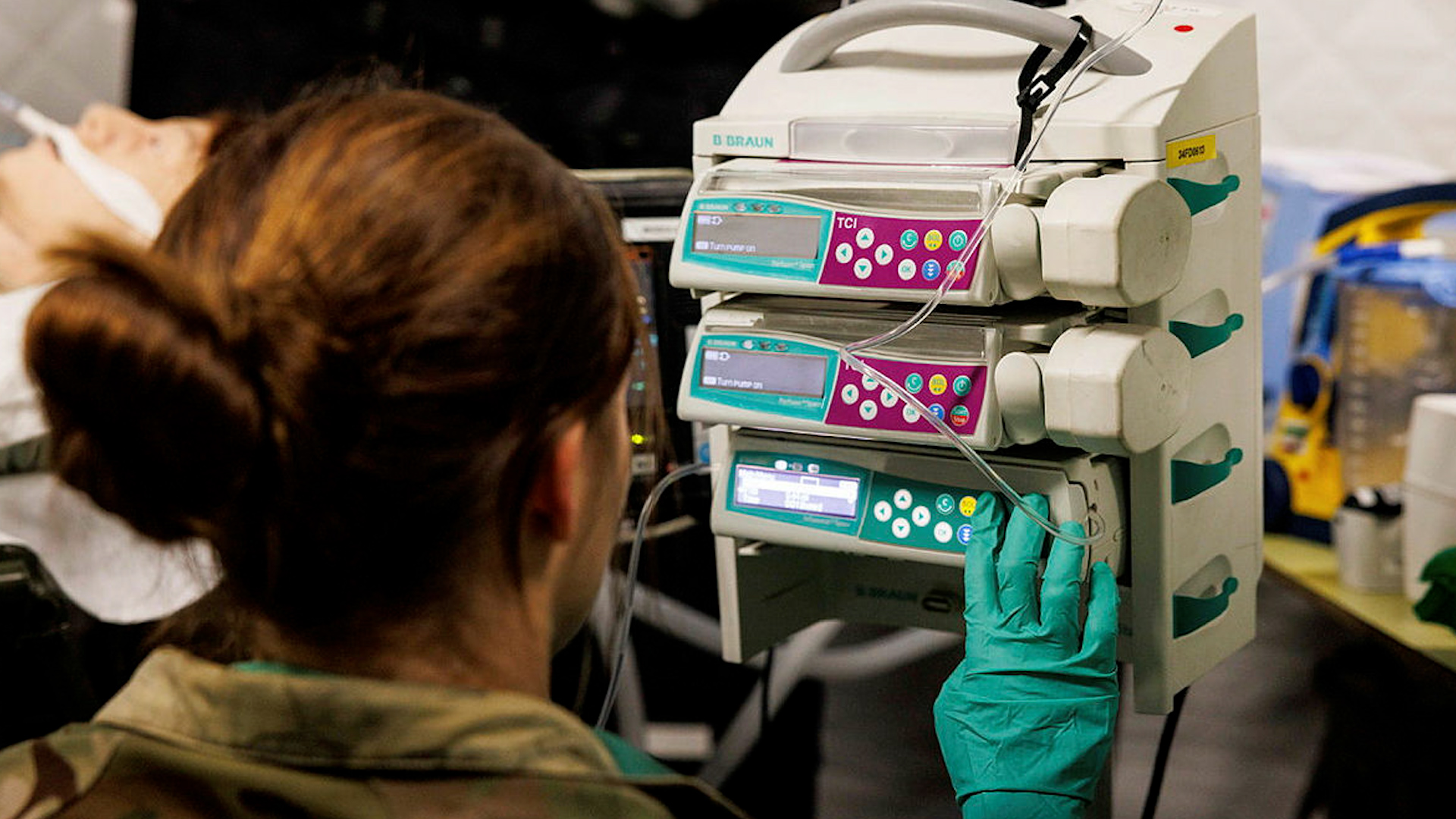
What are the Royal Air Force's rules on tattoos?
In 2019 the Royal Air Force changed its policy on tattoos, meaning personnel can display more body art while serving, although the RAF's rules are stricter than the Army and Navy.
The latest RAF policy now permits personnel to have tattoos on their eyebrows, neck and hands.
However, tattoos on the neck are only allowed providing they are not visible from the front in particular uniforms and if they do not extend beyond the natural hairline.
Single tattoos on hands are allowed if they can be covered by a ring, while eyebrow tattoos must still fall within colour limitations.
A spokesman at the time explained: "The RAF have revised our tattoo policy to ensure that we can continue to attract the right people for a career in the RAF and also promote inclusivity ensuring that the RAF continues to be representative of the modern-day society we serve."
Rules on joining the Armed Forces with HIV
UK Armed Forces personnel with HIV are to be declared fully fit and be deployable overseas under the latest rules from the Ministry of Defence.
The latest MOD policy, introduced in June 2022, also means anyone with HIV, but no detectable virus can join the military, removing the final barrier to service.
What are the military's rules on BMI?
The MOD's guidance to recruiters say its Body Mass Index (BMI) requirements are based upon research into risk of and type of military training injuries and it is generally considered that health becomes an issue when the BMI is outside of a range of 18-30.
MOD policy says that for those already in service, an adverse BMI score alone should not be a reason for discharge, but should be used as part of a comprehensive functional assessment to determine suitability for employment.
Can those with allergies join the Armed Forces?
The MOD's Joint Service Manual of Medical Fitness says that any would-be recruits with a history of anaphylaxis are deemed unfit to join the Armed Forces.
Potential recruits with a history of severe allergic reaction, regardless of trigger, or which require treatment with adrenaline or hospitalisation are also unable to join.
Recruits with a food or nut allergy and their reliance on medication is absent/low, or the deliberate avoidance of allergen is not required, they may be assessed as fit to join.
The same policy applies for those diagnosed with Seasonal Allergic Rhinitis (hay fever).
The policy goes on to say in the case of food allergy, allergic response could be assessed by serum or skin tests followed by a sequential challenge test, such as eating up to 10 peanuts, and no reaction to the tests would equate to the same risk as an individual without a history of food allergy, and candidates may be assessed as fit and able to join.
Those allergic to wasp and bee stings/venom (previous anaphylaxis) are deemed unable to join, unless they have undergone desensitisation treatment.
This typically requires weekly visits to a specialist hospital for up to three years, being exposed to the trigger (injected with wasp or bee venom) and having the dosage gradually increased, without any further anaphylaxis.
The policy says that each allergy case should be looked at individually and that a potential recruit's GP should refer them to a lead consultant at an approved British Society for Allergy and Clinical Immunology hospital for opinion.
Joining the Armed Forces with asthma
The latest policy says that candidates with a recorded history of asthma, including those who have experienced symptoms or been prescribed any form of treatment within the previous four years will usually be deemed unfit.
The policy goes on to say that potential recruits who have required more than one course of oral steroids, more than one nebulisation since the age of five or had a single admission to intensive care or multiple admissions to hospital are unable to join.
Capita and the MOD
In December 2020 Capita announced it had been awarded a two-year £140m contract extension with the MOD, to continue to deliver the recruitment service for the British Army.
Despite outsourcing its recruitment process to Capita, the MOD still retains ownership of recruitment policy, entry criteria and assessment standards.

